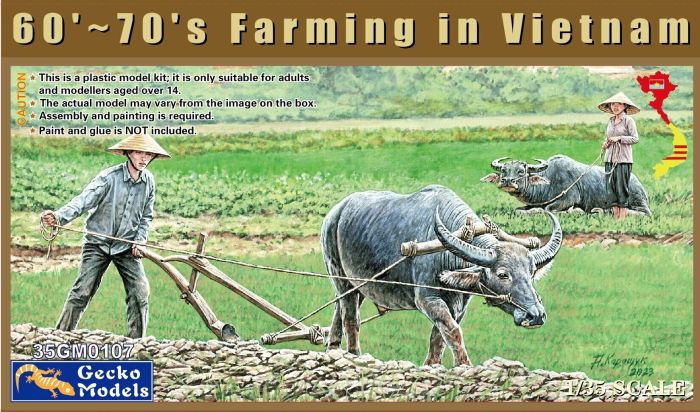Gecko Models 1/35 60'-70's Farming in Vietnam # 0107
Farming in Vietnam is a fundamental aspect of the country's economy, culture, and daily life, with agriculture employing a significant portion of the population and contributing substantially to national food security.
The agricultural sector in Vietnam is diverse, encompassing a wide range of crops, livestock, and farming practices tailored to the country's varied landscapes and climatic conditions.
Rice cultivation stands as the cornerstone of Vietnamese agriculture, with rice paddies dominating the rural landscape across the country.
Vietnam is one of the world's largest exporters of rice, with both traditional and modern farming methods utilized to cultivate this staple crop.
In addition to rice, other important crops include coffee, rubber, tea, cashews, and various fruits and vegetables.
Farming in Vietnam reflects a mix of traditional and modern techniques, with many smallholder farmers still employing age-old practices such as manual rice planting and water buffalo plowing alongside modern machinery and technology.
The government has implemented various initiatives to promote sustainable agriculture, improve crop yields, and enhance rural livelihoods.
Vietnamese farmers face challenges such as land scarcity, environmental degradation, and the impacts of climate change, including droughts, floods, and typhoons.
Nevertheless, the resilience and adaptability of Vietnamese farmers, combined with ongoing support from government agencies and international organizations, continue to drive innovation and progress in the agricultural sector.
Overall, farming in Vietnam plays a vital role in the country's economy and society, providing livelihoods for millions of people, ensuring food security, and preserving cultural heritage and traditions passed down through generations.

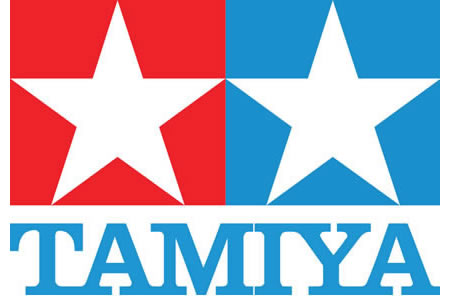

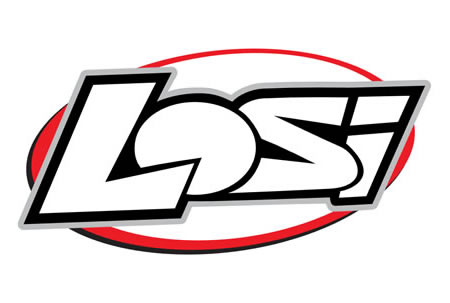




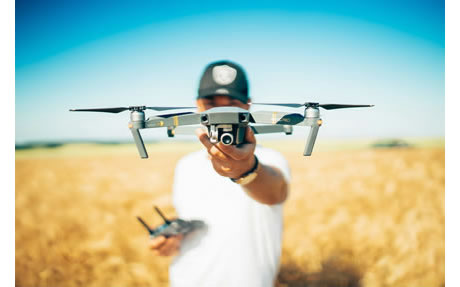


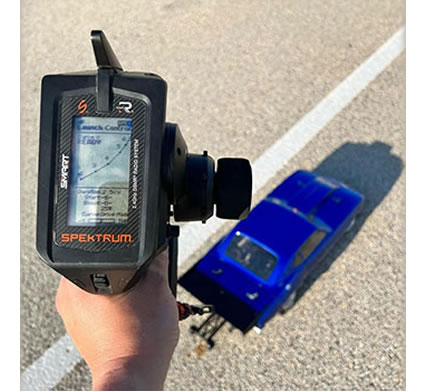









 Spread the cost with Paypal Credit
Spread the cost with Paypal Credit
 Spread the cost with Klarna
Spread the cost with Klarna

